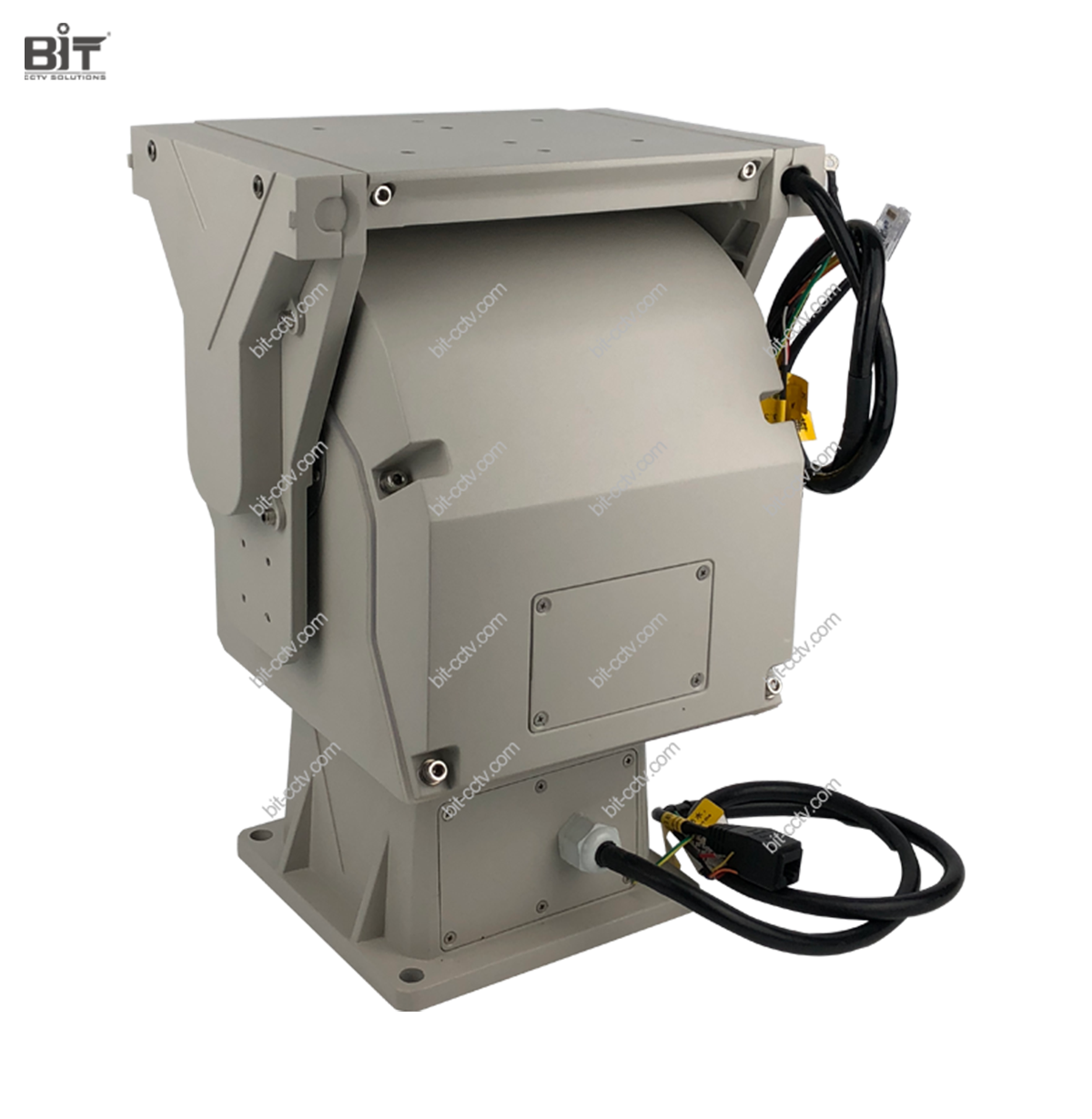Pan Tilt Unit Technology Overview

html
Pan Tilt Unit Technology Overview
Introduction to Pan Tilt Units
Pan Tilt Units (PTUs) are mechanical devices designed to provide precise rotational movement in both horizontal (pan) and vertical (tilt) axes. These units are widely used in applications requiring dynamic positioning, such as surveillance, robotics, and camera systems.
Keyword: pan tilt unit
Key Components of a Pan Tilt Unit
A typical PTU consists of several critical components:
- Motors: Servo or stepper motors control the pan and tilt movements.
- Gear Mechanisms: Gears ensure smooth and accurate motion transmission.
- Control Electronics: Microcontrollers or dedicated drivers manage motor operations.
- Mounting Interface: Provides attachment points for cameras, sensors, or other payloads.
Applications of Pan Tilt Units
PTUs are versatile and find use in numerous fields:
- Surveillance: PTUs enable cameras to track moving objects or scan large areas.
- Robotics: Used in robotic heads or arms for precise movement control.
- Broadcasting: PTUs help in smoothly tracking subjects during live events.
- Defense: Employed in targeting systems and unmanned vehicles.
Advantages of Modern PTUs
Modern Pan Tilt Units offer several benefits:
- High Precision: Advanced motors and control systems ensure accurate positioning.
- Fast Response: Quick adjustments are possible due to optimized designs.
- Durability: Built to withstand harsh environments and continuous use.
- Compact Design: Lightweight and space-efficient for easy integration.
Future Trends in PTU Technology
The future of PTUs is shaped by emerging technologies:
- AI Integration: Smart PTUs with object recognition and autonomous tracking.
- Wireless Control: Enhanced connectivity options for remote operations.
- Energy Efficiency: Low-power designs for extended battery life in portable applications.
Pan Tilt Units continue to evolve, offering increasingly sophisticated solutions for dynamic positioning needs across industries.

